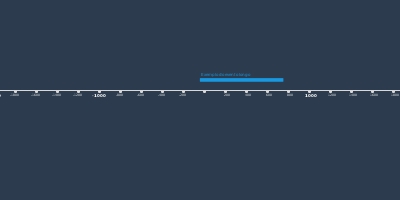República de Weimar (9 Nov 1918 Jahr – 24 März 1933 Jahr)
Beschreibung:
The Weimar Republic (German: Weimarer Republik [ˈvaɪmaʁɐ ʁepuˈbliːk] (About this soundlisten)) is an unofficial historical designation for the German state from 1918 to 1933. The name derives from the city of Weimar, where its constitutional assembly first took place. The official name of the state remained Deutsches Reich unchanged from 1871. Although commonly translated as "German Empire", the word Reich here better translates as "realm", in that the term does not in itself have monarchical connotations per se. In English, the country was usually known simply as Germany.Germany became a de facto republic on 9 November 1918 when Kaiser Wilhelm II abdicated the German and Prussian thrones with no agreement made on a succession by his son Crown Prince Wilhelm, and became a de jure republic in February 1919 when the position of President of Germany was created. A national assembly was convened in Weimar, where a new constitution for Germany was written and adopted on 11 August 1919.
***Government
1919–30 Federal semi-presidential constitutional republic
1930–33 De facto authoritarian presidential republic
President
• 1919–25 Friedrich Ebert
• 1925–33 Paul von Hindenburg
Chancellor
• 1919 (first) Philipp Scheidemann
• 1933 (last) Adolf Hitler
Zugefügt zum Band der Zeit:
Datum:
9 Nov 1918 Jahr
24 März 1933 Jahr
~ 14 years
